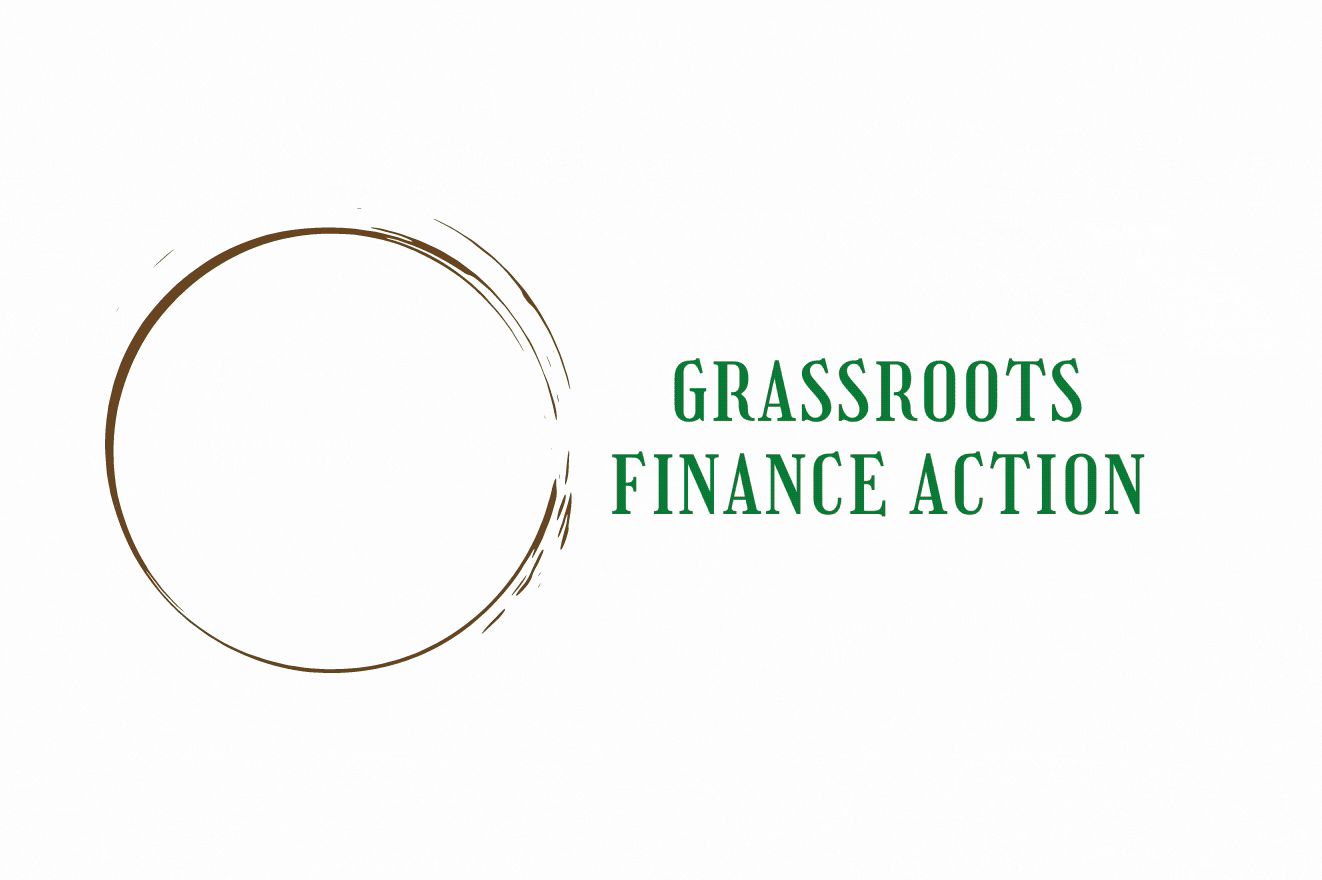GFA Savings Circles Around the Globe
Backyard Bankers: Immigrants, Money Clubs, and the Pursuit of the American Dream
Hard copy book by Jeffrey Ashe and Kim Wilson
A closer look: Guatemala Video
Read the Report here.
Video from September 2024 by Jeffrey Ashe (Grassroots Finance Action).
How Immigrants and Villagers Create Their Own Financial Inclusion
What we can learn from informal economies
Article from March 14th, 2023 by Jeffrey Ashe.
Recommended Read: We Are Not Able to Live in the Sky: The Seductive Promise of Microfinance
Read the book review here.
Book from June 2024 by Mara Kardas-Nelson
The Path to Financial Inclusion Must Include Saving in Small Groups
Re-envisioning how to serve the poorest, building on their capacity to direct their own development
Article from September 8th, 2022 by Jeffrey Ashe (Grassroots Finance Action).
Yunus Was Wrong — Savings, Not Credit, is a Human Right: Here’s How the Financial Inclusion Sector Can Shift its Focus
Article from Aug. 14th, 2023 by Jeffrey Ashe.
Opportunity International UK (OIUK) teams up with Rural Inclusion to train over 10,000 refugees in Uganda until 2025 with Ostrii
Article from July 19th, 2023 by Jack Farren (Rural Inclusion).
Lessons from Lynn: Leveraging Savings Circles, the “Cuchubal Initiative”
Article from Jan. 18th, 2023 by Jeffrey Ashe and Hugo Carvajal.
In Their Own Hands
An excerpt from Jeffrey Ashe’s book In Their Own Hands: How Savings Groups are Revolutionizing Development.
Feasibility Study
Mayan Women’s Prosperity Initiative Department of Solola, Guatemala
Presentation from May 6th, 2021. The presentation goes over the origin of Savings for Change (SfC) in Chalatenango, El Salvador, success from 2008 to today, how SfC adapted its program in Guatemala, and Mayan Woman Initiative in the future.
Selected Interviews for Susu Groups in the Upper West Region of Ghana
by Gervase Adams
“The government's current collapse of various financial institutions has heightened the fears of many, especially with banking services such as savings and investment schemes. A lot of people have their funds locked up in banks and could not retrieve them…With the collapse of these banks, many people, predominantly the northern part of the country, considered the poorest in Ghana, have not been spared.” — Excerpt from report
Overview and Project Implementation Guide
by Jeffrey Ashe, Rob Scarlett, Jerry Harrison-Burns
What we propose is an exceedingly low cost, sustainable, and we expect, rapidly growing approach to providing a better way to save and borrow for the poorest. Increasing the number of informal savings circles, whether these are based on community traditions or are trained initially by NGOs, adds an important dimension to “financial inclusion”. — Except from the guide.
'We are Always Thinking of our Community': Bolivian Hometown Associations, Networks of Reciprocity, and Indigeneity in Washington D.C
by Christopher Strunk
In this article, [the author] analyzes the case of Bolivian migrants who left the Cochabamba region in Bolivia (sending community) or the Valle Alto region in Bolivia (sending community), but are now living in the Washington D.C. metropolitan area as their final destination (receiving community). —excerpt from report
How to Achieve the American Dream on an Immigrant Income?
by Jeffrey Ashe, Kim Wilson
This chapter draws on case studies of immigrant communities living in the United States from Nepal, Bangladesh, Cambodia, Eritrea, Ethiopia, Kenya, Barbados, Haiti, Mexico, and El Salvador. The interviews were overseen by Jeffrey Ashe and Kim Wilson with research carried out by their graduate students from Brandeis, Columbia, and Tufts universities.
Saving for Change in Guatemala and El Salvador
by Jeffrey Ashe, Lina Makino, Gene Bianco
Analysis and interviews carried out with 38 trainers (“promotoras”) and volunteers that formed savings groups in Guatemala and El Salvador as part of Oxfam America’s Saving for Change initiative.
Saving for Change in Mali
by Tara F. Deubel and Micah Boyer
This study seeks to examine the relationship between economic growth and forms of political engagement and accountability, particularly within the context of fragile states and to provide practical insights toward developing the emerging character of Saving for Change.
A new model for funding local impact
by Jeffrey Ashe, Robert Scarlett, Susan Mills
How ‘bottom-up’ rather than ‘top down funding can and already does drive local impact globally.
Looking backwards to move forward
by Jeffrey Ashe
A look at what traditional ways of saving in groups can teach us.



















